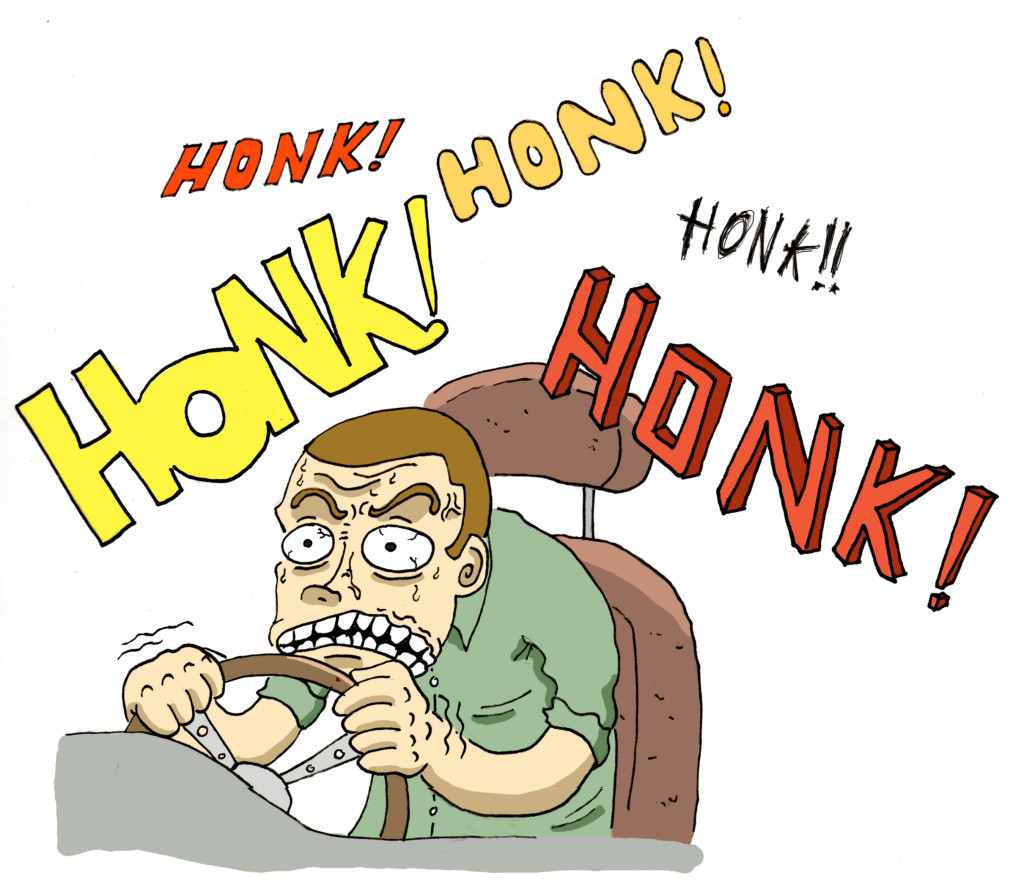
Should public drinking be legalized?
By Elliot Chan, Staff Writer
In British Columbia and all of Canada, except Quebec, public drinking is not only frowned upon, but illegal. If the sobering law catches you with “open liquor,” you can be charged with a $230 fine—that’s your monthly supply of booze down the drain. Vancouver is recognized around the world for its laid-back attitude, so why are we so uptight when it comes to drinking in public? Is the person walking down the street with an open bottle of Double Diamond any more dangerous than the guy walking down the street with a can of Dr. Pepper? How is binge drinking at home or in a bar any different from binge drinking at a park or at a beach?
If the argument against public drinking is that we’re living in a developed country and that respectable, classy people don’t consume alcohol in the open, consider this: the United Kingdom is as classy as it gets, and they allow drinking in the open. New Zealand, instead of banning “open liquor,” simply created alcohol-free zones, most often situated in business districts. And then we have the Japanese who, despite having public drinking and public intoxication, maintain consistent global dominance. If those societies can function with public drinking, why can’t ours?
What would a day in our life look like with people drinking alcohol in the streets and the parks? Those against public drinking might say that overconsumption in a public setting would cause rowdiness and violence, and without bouncers and bartenders to keep the drinkers in place, tragedy is more likely to occur. Meanwhile, the proponent of public drinking might say that it would normalize our attitude towards alcohol, creating a healthier drinking culture. After all, just because something is legal doesn’t mean people would abuse it. Naps are legal, but you still get out of bed at some point.
There are very few beautiful days in this city, and when we do get some sunlight peeking through the clouds, it would be a pleasure to enjoy a bottle of beer, a glass of wine, or even a cocktail in the open without feeling like a criminal.
Liquor laws in BC are fickle; adhering to them is not only difficult for consumers, but also for proprietors. Local theatres such as the Rio on Broadway have been disputing with the BC Liquor Control and Licensing Branch since 2011, trying to incorporate live theatre, cinema, and liquor consumption. Sadly, LCLB only allows alcohol in live performances, not in movie theatres. “That’s what the province has told us. They’ve made it very clear,” owner and general manager Corinne Lea says. “With this application process we must now be a live venue exclusively.” Since then, Rio has transitioned back to a cinema and live theatre venue, omitting the liquor license.
This year, BC allowed catering companies to obtain liquor licenses to meet their clients’ needs. Before that, people hosting events with liquor required a special occasion license, to complete the Serve it Right course, to purchase and transport the liquor, and to accept all responsibility and liability for the liquor service.
Vancouver is a beautiful city, but the stress it puts on itself makes it an ugly place to live sometimes. While some might call it a First World problem, I disagree. A law that makes criminals out of decent people simply aiming to enjoy a gorgeous day with a harmless beverage is a social problem.

